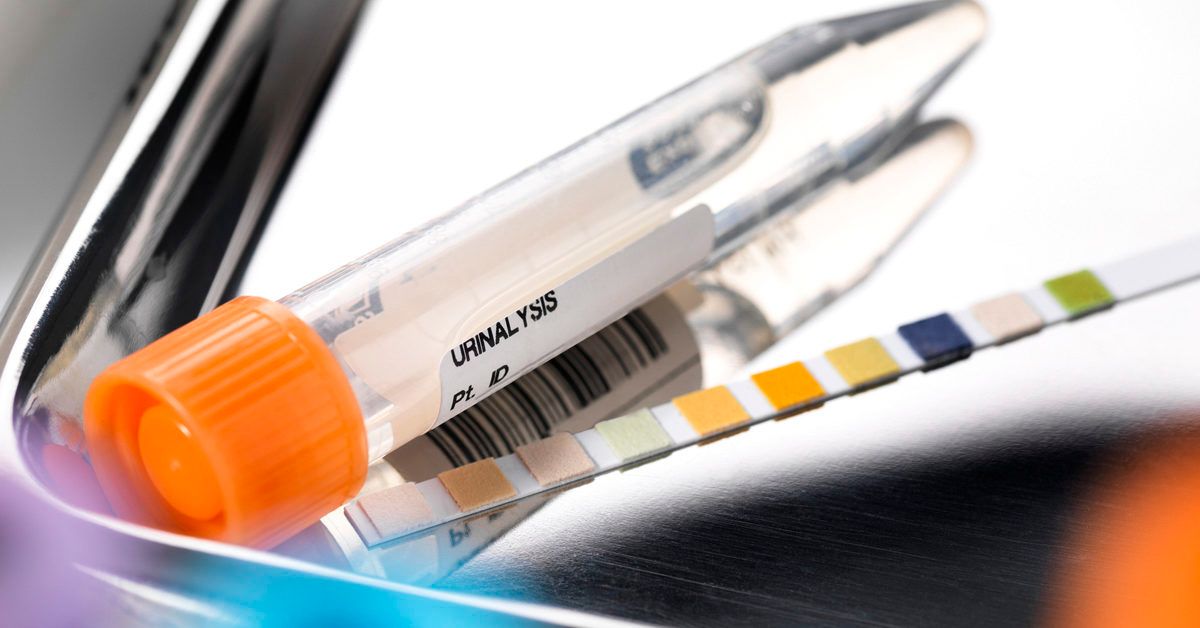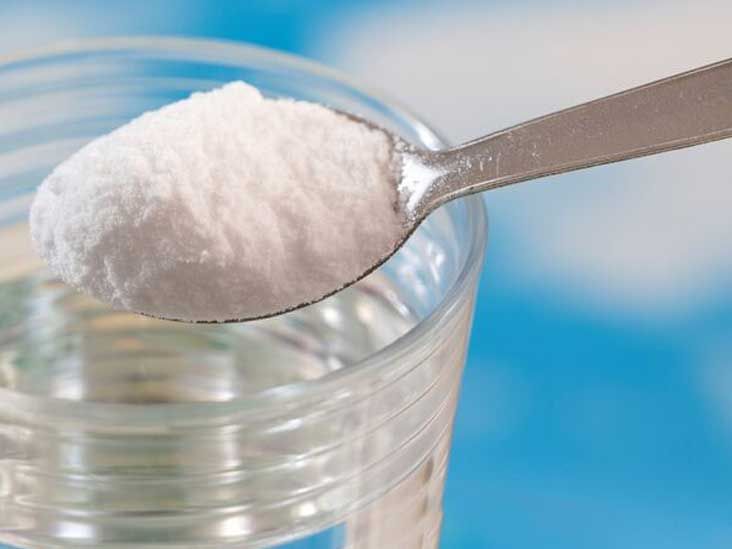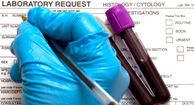Acidosis
Medically reviewed by
Carissa Stephens, RN, CCRN, CPN on June 6, 2017 — Written by Suzanne Allen, Kristeen Cherney, and Elizabeth Boskey, PhD
What is acidosis?
When your body fluids contain too much acid, it’s known as acidosis. Acidosis occurs when your kidneys and lungs can’t keep your body’s pH in balance. Many of the body’s processes produce acid. Your
lungsand
kidneys can usually compensate for slight pH imbalances, but problems with these organs can lead to excess acid accumulating in your body.
The acidity of your blood is measured by determining its pH. A lower pH means that your blood is more acidic, while a higher pH means that your blood is more basic. The pH of your blood should be around 7.4. According to the American Association for Clinical Chemistry (AACC), acidosis is characterized by a pH of 7.35 or lower.
Alkalosis is characterized by a pH level of 7.45 or higher. While seemingly slight, these numerical differences can be serious. Acidosis can lead to numerous health issues, and it can even be life-threatening.
Causes of acidosis
There are two types of acidosis, each with various causes. The type of acidosis is categorized as either respiratory acidosis or metabolic acidosis, depending on the primary cause of your acidosis.
Respiratory acidosis
Respiratory acidosis occurs when too much CO2 builds up in the body. Normally, the lungs remove CO2 while you breathe. However, sometimes your body can’t get rid of enough CO2. This may happen due to:
Metabolic acidosis
Metabolic acidosis starts in the kidneys instead of the lungs. It occurs when they can’t eliminate enough acid or when they get rid of too much base. There are three major forms of metabolic acidosis:
- Diabetic acidosis occurs in people with diabetes that’s poorly controlled. If your body lacks enough insulin, ketones build up in your body and acidify your blood.
- Hyperchloremic acidosis results from a loss of sodium bicarbonate. This base helps to keep the blood neutral. Both diarrhea and vomiting can cause this type of acidosis.
- Lactic acidosis occurs when there’s too much lactic acid in your body. Causes can include chronic alcohol use, heart failure, cancer, seizures, liver failure, prolonged lack of oxygen, and low blood sugar. Even prolonged exercise can lead to lactic acid buildup.
- Renal tubular acidosis occurs when the kidneys are unable to excrete acids into the urine. This causes the blood to become acidic.
Acid-base balance »
Risk factors
Factors that can contribute to your risk of acidosis include:
Symptoms of acidosis
Both respiratory and metabolic acidosis share many symptoms. However, the symptoms of acidosis vary based on its cause.
Respiratory acidosis
Some of the common symptoms of respiratory acidosis include the following:
Metabolic acidosis
Some of the common symptoms of metabolic acidosis include the following:
- rapid and shallow breathing
- confusion
- fatigue
- headache
- sleepiness
- lack of appetite
- jaundice
- increased heart rate
- breath that smells fruity, which is a sign of diabetic acidosis (ketoacidosis)
Tests and diagnosis
If you think you may have acidosis, go to the doctor immediately. Early diagnosis can make a big difference in your recovery.
Doctors diagnose acidosis with a series of blood tests. An
arterial blood gas looks at the levels of oxygen and carbon dioxide in your blood. It also reveals your blood pH. A
basic metabolic panel checks your kidney functioning and your pH balance. It also measures your calcium, protein, blood sugar, and electrolyte levels. If these tests are taken together, they can identify different types of acidosis.
If you’re diagnosed with respiratory acidosis, your doctor will want to check the health of your lungs. This may involve a
chest X-ray or a
pulmonary function test.
If metabolic acidosis is suspected, you’ll need to give a
urine sample. Doctors will check the pH to see if you are properly eliminating acids and bases. Additional tests may be needed to determine the cause of your acidosis.
Treatment for acidosis
Doctors usually need to know what is causing your acidosis to determine how to treat it. However, some treatments can be used for any type of acidosis. For example, your doctor may give you sodium bicarbonate (baking soda) to raise the pH of your blood. This can be done either by mouth or in an
intravenous (IV) drip. The treatment for other types of acidosis can involve treating their cause.
Respiratory acidosis
Treatments for this condition are usually designed to help your lungs. For example, you may be given drugs to dilate your airway. You might also be given oxygen or a continuous positive airway pressure (CPAP) device. The
CPAP device can help you breathe if you have an obstructed airway or muscle weakness.
Metabolic acidosis
The specific types of metabolic acidosis each have their own treatments. People with hyperchloremic acidosis may be given oral sodium bicarbonate. Acidosis from kidney failure may be treated with sodium citrate. Diabetics with ketoacidosis receive IV fluids and insulin to balance out their pH. Lactic acidosis treatment might include bicarbonate supplements, IV fluids, oxygen, or antibiotics, depending on the cause.
Complications
Without prompt treatment, acidosis may lead to the following health complications:
- kidney stones
- chronic kidney problems
- kidney failure
- bone disease
- delayed growth
Acidosis prevention
You can’t completely prevent acidosis. However, there are some things you can do to lower your risk.
Respiratory acidosis
You can do the following to reduce your risk of respiratory acidosis:
- Take sedatives as prescribed and never mix them with alcohol.
- Stop smoking. Smoking can damage your lungs and make breathing less effective.
- Maintain a healthy weight. Obesity can make it harder for you to breathe.
Metabolic acidosis
You can do the following to reduce your risk of metabolic acidosis:
- Stay hydrated. Drink plenty of water and other fluids.
- Keep control of your diabetes. If you manage your blood sugar levels well, you can avoid ketoacidosis.
- Stop drinking alcohol. Chronic drinking can increase the buildup of lactic acid.
The best quit smoking apps of the year »
Acidosis outlook
Some people fully recover from acidosis. Other people have problems with organ function, respiratory failure, and kidney failure. Severe acidosis can cause shock or even death.
How well you recover from acidosis depends on its cause. Fast, proper treatment also strongly influences your recovery.






